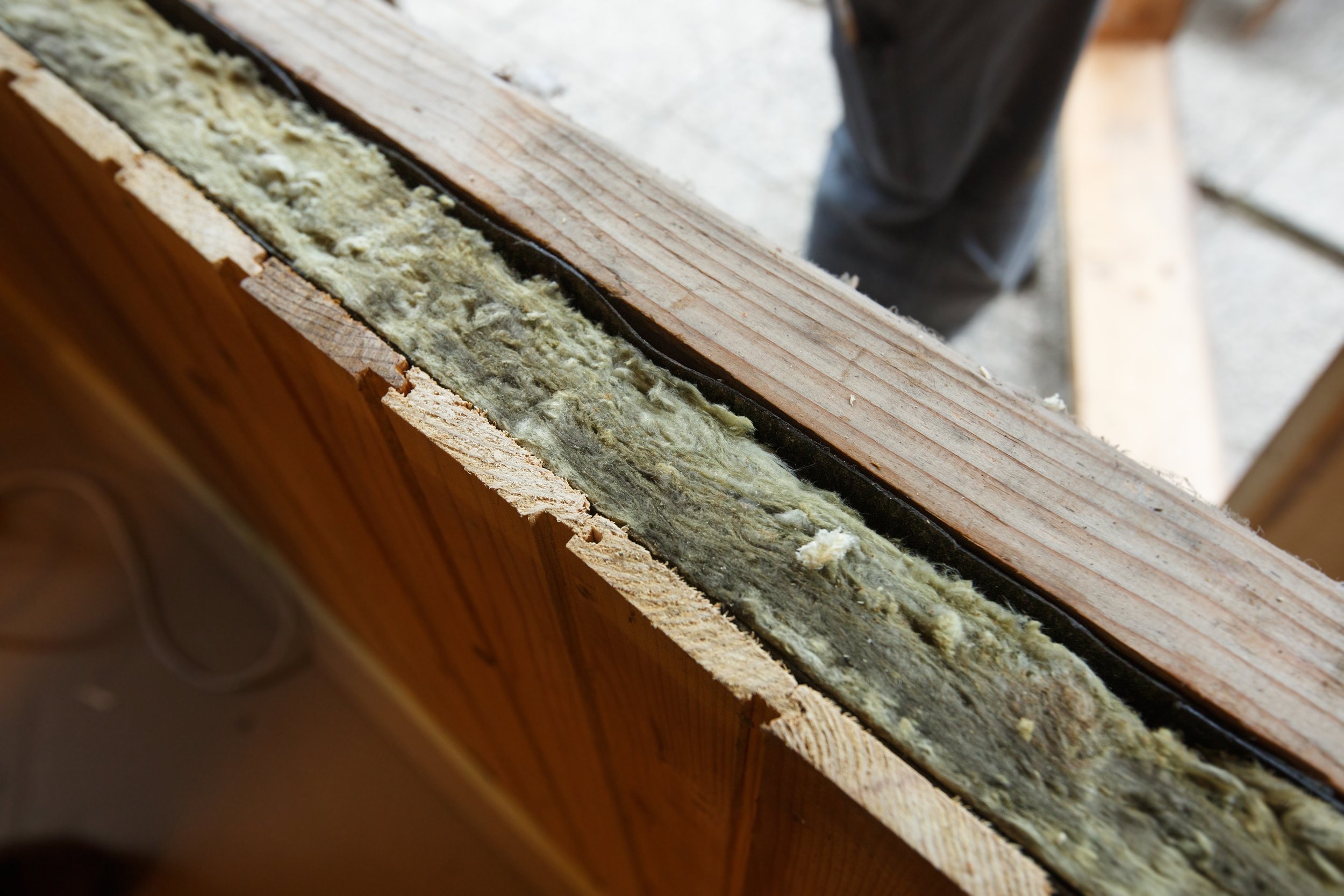What's the Cost of Inefficient Windows? (The Hidden Drain on Your Wallet and Comfort)
Old, drafty windows might seem like a minor inconvenience, a bit of a nuisance on chilly Vermont days. However, their impact extends far beyond a simple shiver. Inefficient windows are stealthy culprits, silently draining your finances and diminishing your home's comfort. Let's expose the hidden costs associated with these outdated fixtures and reveal how they can burden your wallet and well-being.
The Financial Toll
Soaring Energy Bills: Inefficient windows are notorious energy wasters. Their poor insulation allows precious heat to escape in the winter and unwanted solar heat to invade in the summer. This forces your heating and cooling systems to work overtime, resulting in skyrocketing energy bills. In Vermont, where energy costs can be substantial, these wasted resources can put a significant strain on your budget.
Unexpected Repairs: Drafty windows can lead to moisture problems, such as condensation, mold growth, and even structural damage. Repairing these issues can be costly and time-consuming, further adding to the financial burden of inefficient windows.
Reduced Home Value: Outdated, inefficient windows can detract from your home's curb appeal and lower its overall value. Potential buyers are increasingly seeking energy-efficient features, and homes with old windows may be less appealing, potentially leading to lower offers or a longer time on the market.
The Comfort Conundrum
Beyond the financial implications, inefficient windows can significantly impact your home's comfort and livability.
Unpleasant Drafts: Drafty windows create uncomfortable living spaces, especially during Vermont's harsh winters. Imagine trying to relax in your living room while a constant stream of cold air seeps through the window frames. It's not only unpleasant but can also exacerbate allergies and respiratory issues.
Uneven Temperatures: Inefficient windows can lead to uneven temperatures throughout your home. Some rooms may be too hot, while others are too cold, making it difficult to achieve a comfortable balance.
Noise Pollution: Older windows often lack the soundproofing capabilities of modern designs. This means you're more likely to hear traffic noise, barking dogs, and other outdoor disturbances, disrupting your peace and quiet.
The Bottom Line
Inefficient windows are more than just a minor annoyance – they're a hidden drain on your finances and comfort. By investing in energy-efficient replacement windows, you can:
Slash your energy bills and put money back in your pocket.
Create a more comfortable and inviting living space for you and your family.
Protect your home from moisture damage and potential health hazards.
Enhance your home's curb appeal and value, making it more attractive to potential buyers.
Don't let inefficient windows continue to burden your wallet and well-being. Explore the world of energy-efficient replacement windows and discover how they can transform your Vermont home into a haven of comfort and financial savings.

